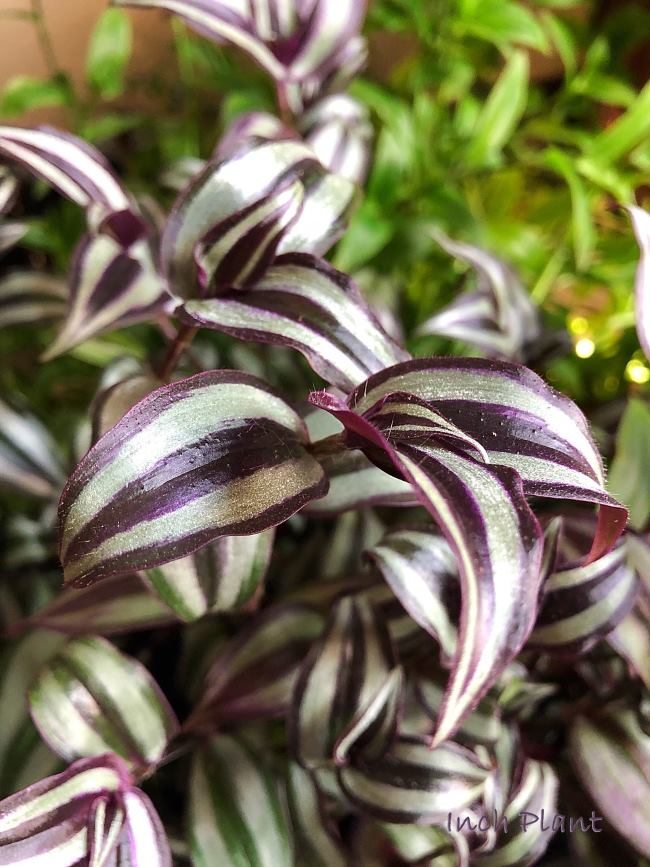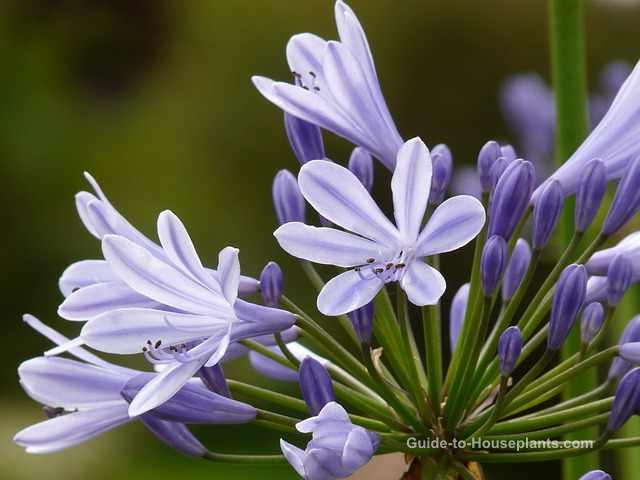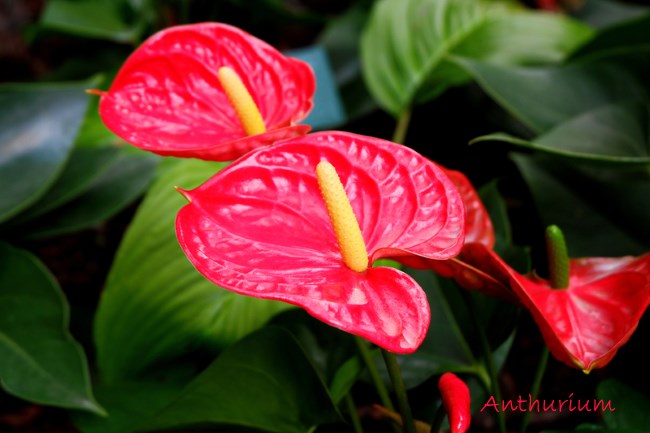Kohleria Plant
Botanical Name: Kohleria spp. and hybrids
These tropical beauties are easy to grow and are prolific bloomers. They have an upright growth habit and can quickly grow tall. You may have to stake your plant to hold up those gorgeous crimson flowers. Or prune the stems to keep your plant small. Don't worry -- this is a vigorous grower. By pruning, your plant will branch out, giving you a fuller plant and more flowers.
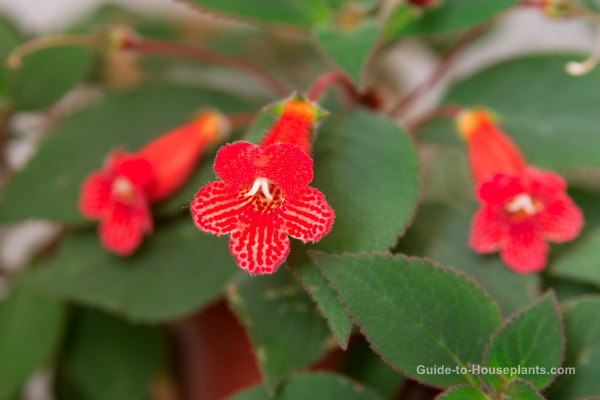
Tubular flowers are around 2-inches (5 cm) long, and grow in clusters of 3 or 4. You have several cultivars to choose from, in a range of colors: red, reddish-orange, pink and purple. Inside each flower are dots and dashes, making these bright bloomers a standout among your indoor plant collection.
All parts of Kohleria are fuzzy, covered with fine red hairs. You'll especially notice them around the scalloped leaf edges, creating a stunning contrast against the lush, velvety green foliage.
We Are Family
Kohleria is in the Gesneriaceae family, along with popular houseplants African Violet, Gloxinia, Flame Violet and Lipstick Plant.
Year-Round Kohleria Care
Shed some light. Put your plant where it'll get plenty of light, but out of direct sun. Filtered light from a south- or west-facing window will give it the light it needs. Kohleria also grows well under a grow light.
Water regularly. Keep the soil evenly moist during the growing season, but take care not to overwater. Soggy soil will quickly cause the rhizomes to rot. Dry soil will cause the plant to go dormant. If this happens, don't give up on it. Resume normal care and you'll see your plant growing again.
Get the most blooms. You can expect dozens of blooms on plants in spring and summer. You'll get the most blooms by providing plenty of bright, indirect light. Don't forget to fertilize it, too.
Prune it back. Those soft, succulent stems will eventually grow long and lean over if they're not pruned. Don't be afraid to prune this vigorous grower. You can cut the stem at any height you want. Cut just after a leaf node (the place where a leaf is attached) because cuts made here will cause the stem to branch out, creating a fuller plant with more flowers. Don't toss out those stem cuttings, either -- propagate them for more plants. (See "Propagation" below.)
To repot...or not? This one likes to be slightly pot-bound, and blooms best this way. Repot in spring only when it is bursting out of its pot. Always use a container with drainage holes to prevent soggy soil, which can lead to root rot.
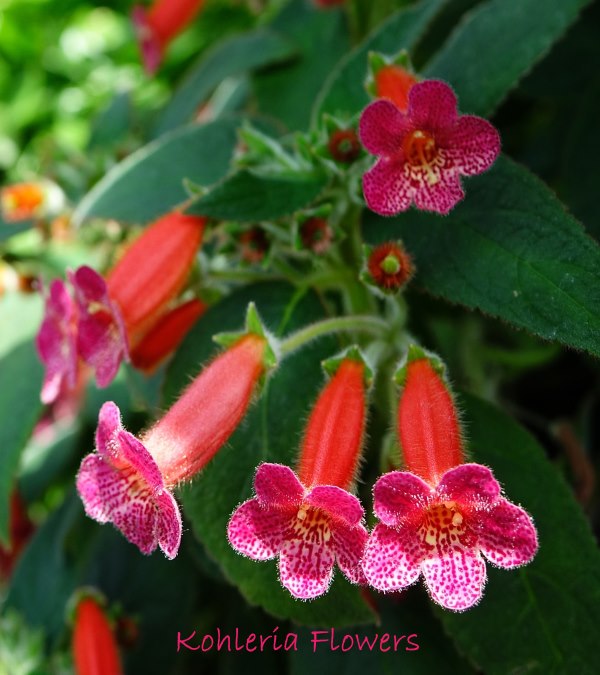 Image by Jason Goh / Pixabay
Image by Jason Goh / PixabayKohleria Plant Care Tips
Origin: Colombia
Height: 1-2 ft (30-60 cm). You can stake plants if they start leaning. Or prune them back.
Light: Kohleria needs plenty of bright light to bloom. Keep out of direct sunlight. You can keep it flowering almost year-round with a grow light.
Water: Spring through fall, water thoroughly and allow the top 2 inches (5 cm) to dry out between waterings. In winter, water just enough to prevent leaves from wilting. Rhizomes store water so it's more tolerant of dry soil than wet. Fine hairs cover the soft leaves -- and flowers, too -- that can trap moisture and cause spots, so be careful not to splash water on them.
Humidity: Prefers relative humidity above 50%, but will tolerate lower levels. Use a cool-mist room humidifier or a humidity tray to maintain moist air. Don't mist this plant because the hairy leaves will trap moisture, which will cause spots and possibly botrytis.
Temperature: Average room temperatures 65-75°F/18-24°C year-round. Don't expose your plant to temps below 60°F/16°C; this South American native doesn't like the cold at all.
Soil: Peat moss-based potting mix with perlite added for good drainage. African violet potting mix is ideal.
Fertilizer: Feed every 2 weeks spring and summer with a high-phosphorus water-soluble fertilizer (such as 10-30-10) diluted by half.
Propagation: Divide rhizomes in spring and pot separately. Or take 4-inch (10 cm) leaf tip cuttings with at least 1 pair of leaves attached and root in moist potting mix. Cover the whole thing with plastic or put in a glass cloche to hold in moisture. Keep in bright, indirect sunlight. Cuttings root easily in about 4-6 weeks. Once rooted, remove plastic covering and set plant where you want to display it.
